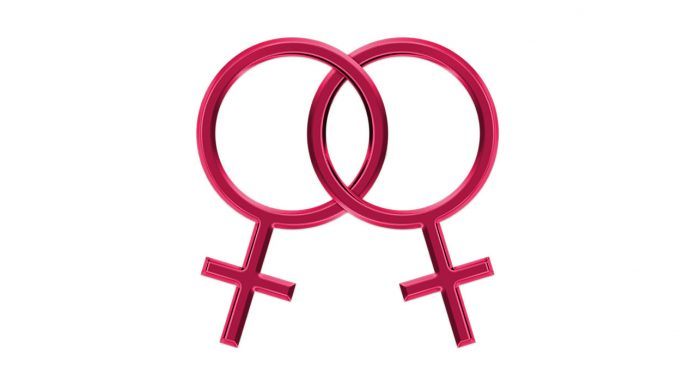Marriage is legal in same sex since two years. But according to scientists, the marriage benefits are already apparent. Many studies suggest that married people have longer, healthier life. Even in heterosexual couples, it links to happiness.
To figure it out, scientists at the University of Washington conducted a longitudinal study with a representative sample of LGBT older adults, known as Aging with Pride. This is the first ever study that focuses on potential marriage benefits among LGBT couples.
Almost 2.7 million adults under the age of 50 and above were lesbian, gay, bisexual, or transgender.
The study focuses on how historical, environmental, psychological, behavioral, social, and biological factors are associated with health, aging, and quality of life. Scientists found that the married LGBT couples reported better physical and mental health. They also more likely to take interest social support, and greater financial resources than those who were single.
Lead author Jayn Goldsen said, “In the nearly 50 years since Stonewall, same-sex marriage went from being a pipe dream to a legal quagmire to reality—and it may be one of the most profound changes to social policy in recent history.”
Since 2015, the marriage rate has been increased among LGBT people. According to the estimates, almost 49 percent of cohabiting gay couples were married, up from 38 percent before the ruling.
For the study, more than 1,800 LGBT people, ages 50 and older, took surveys in 2014 in locations where gay marriage was already legal. About one-fourth were married, another fourth were in a committed relationship, and half were single.
Married couples had spent an average of 23 years together. At the other hand, those in a committed, unmarried relationship had spent an average of 16 years.
Researchers found that participants who are in a relationship showed better health outcomes than those who were single. But those who were married fared even better, both socially and financially, than couples who were unmarried or long-term partnerships.
At the other side, singles participants were more likely to have a disability. They even reported lower physical, psychological, social and environmental quality of life.
Scientists noted, “The legalization of gay marriage at the federal level opens up access to many benefits. But that does not mean every LGBT couple was immediately ready to take that step.”
Many older LGBT people consider marriage as something of a conundrum—even a non-starter. LGBT seniors came of age at a time when laws and social exclusion kept many in the closet.
Actually, the trend in heterosexual marriage: Fewer people are getting married, and those who do, do so later. Older people are living together and thinking outside the box. This was already happening within the LGBT community—couples were living together, but the civil marriage wasn’t part of the story.
Goldsen said, “The different attitudes among older LGBT people toward marriage is something service providers, whether doctors, attorneys, or tax professionals, should be aware of. Telling a couple they should get married now simply because they can miss the individual nature of the choice.”
“Service providers need to understand the historical context of this population. Marriage isn’t for everyone. It is up to each person, and there are legal, financial, and potentially societal ramifications.”
“At the same time, single LGBT older adults do not get marriage benefits, and other safeguards. For example, anti-discrimination laws in employment, housing, and public accommodations are still lacking at the federal level.”
